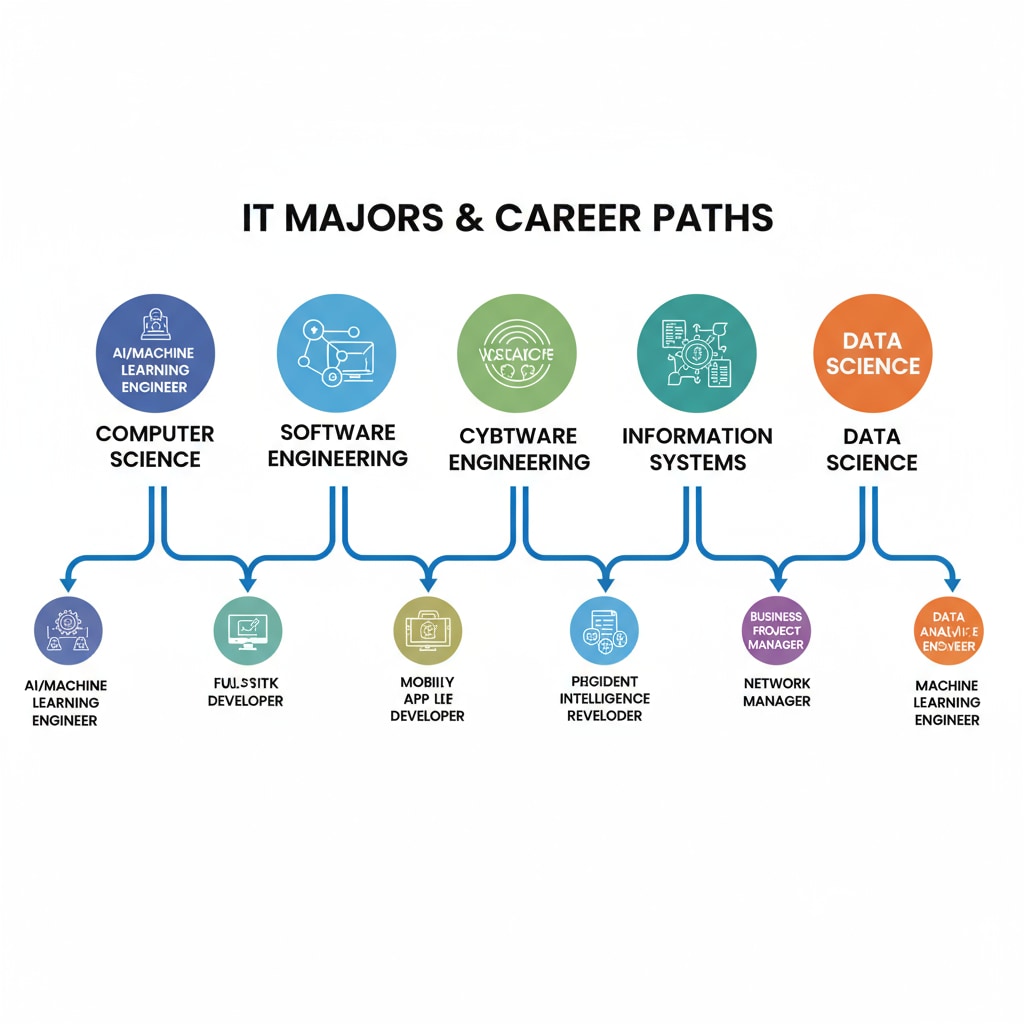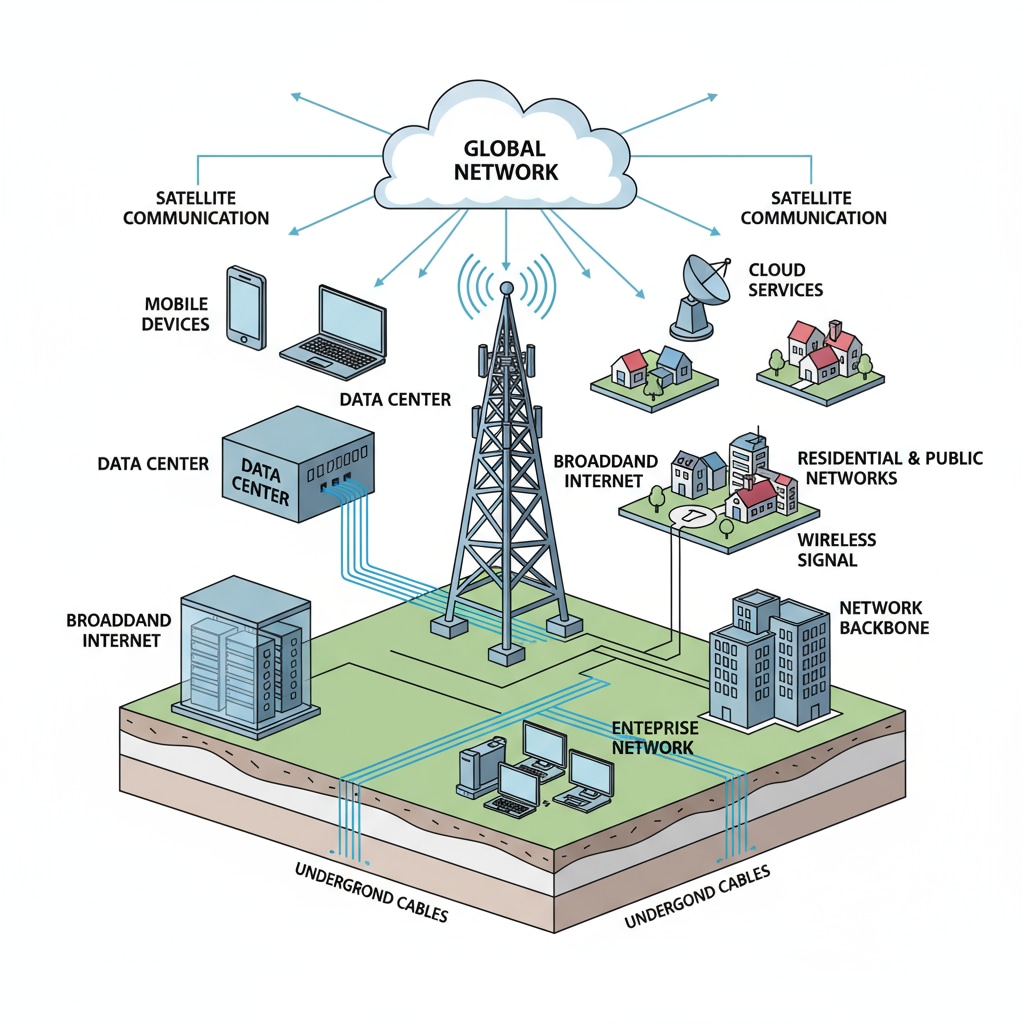Making the right choice in university major selection in the vast field of information technology can significantly impact your future career prospects. High school graduates often find themselves at a crossroads when considering majors like Information Systems Engineering, Information and Communication Technology Engineering, and Artificial Intelligence and Robotics Engineering. This article aims to shed light on these popular IT majors, exploring their core features, career development paths, and future outlooks.

Understanding Information Systems Engineering
Information Systems Engineering focuses on the design, development, and management of information systems. This major combines elements of computer science, business, and engineering. Students learn how to build systems that integrate software, hardware, and people to meet organizational needs. For example, they might develop an e – commerce platform that streamlines business operations. Wikipedia’s entry on Information Systems Engineering provides more in – depth knowledge. Career paths in this field include becoming an information systems analyst, who studies an organization’s requirements and designs appropriate systems, or a systems integrator, responsible for combining different components into a unified system. The demand for professionals in this area remains steady as businesses increasingly rely on digital systems for their operations.
The Realm of Information and Communication Technology Engineering
Information and Communication Technology Engineering is centered around the technologies that enable the transmission and processing of information. This includes areas such as telecommunications networks, wireless technologies, and data communication. Students in this major study topics like network architecture, signal processing, and protocol design. As technology evolves, there is a growing need for experts who can manage and innovate in these areas. Britannica’s take on Information and Communication Technology offers comprehensive insights. Graduates can pursue careers as network engineers, responsible for building and maintaining computer networks, or telecommunications specialists, working on improving communication systems. The future of this field looks promising, especially with the expansion of 5G networks and the Internet of Things (IoT).

Artificial Intelligence and Robotics Engineering: The Future Frontier
Artificial Intelligence and Robotics Engineering is at the forefront of technological innovation. This major focuses on developing intelligent systems and robots that can perform tasks autonomously. Students learn about machine learning, computer vision, and robotics kinematics. For instance, they could create a robot for industrial automation or develop an AI – powered virtual assistant. The career opportunities in this field are vast. One can become an AI researcher, pushing the boundaries of artificial intelligence, or a robotics engineer, designing and building robots for various applications. The demand for professionals in this area is skyrocketing as industries seek to automate processes and leverage AI for competitive advantage.
In conclusion, when making a university major selection in the field of information technology, it’s essential to consider your interests, skills, and long – term career prospects. Each of these IT majors – Information Systems Engineering, Information and Communication Technology Engineering, and Artificial Intelligence and Robotics Engineering – offers unique opportunities and challenges. By understanding their nuances, you can make an informed decision that will shape your future in the dynamic world of technology.
Readability guidance: We’ve used short paragraphs and lists to summarize key points. Each H2 section has a brief list of related aspects. We’ve also controlled the proportion of passive voice and long sentences, and added transitional words like ‘for example’, ‘as’ to enhance readability.


